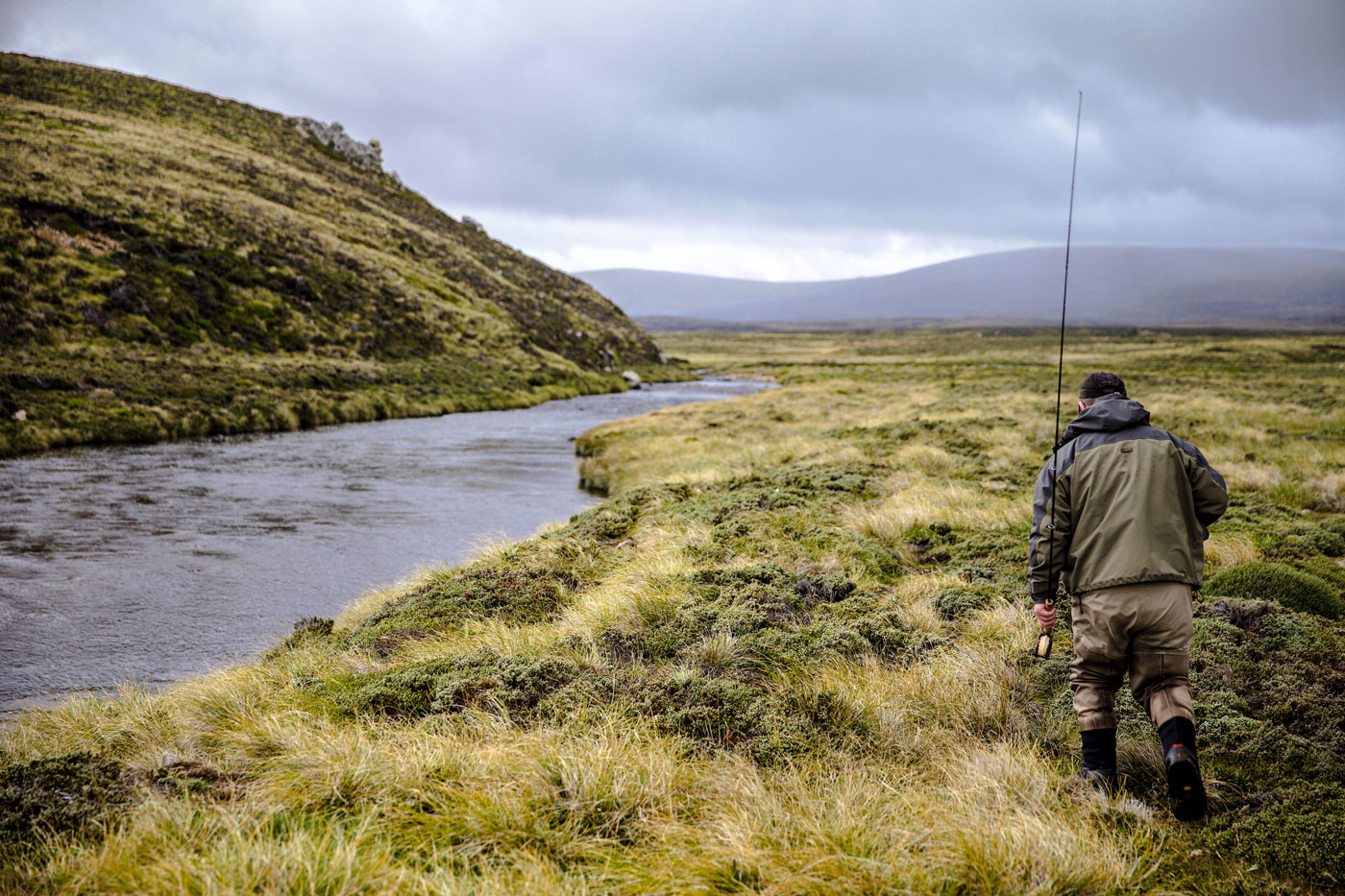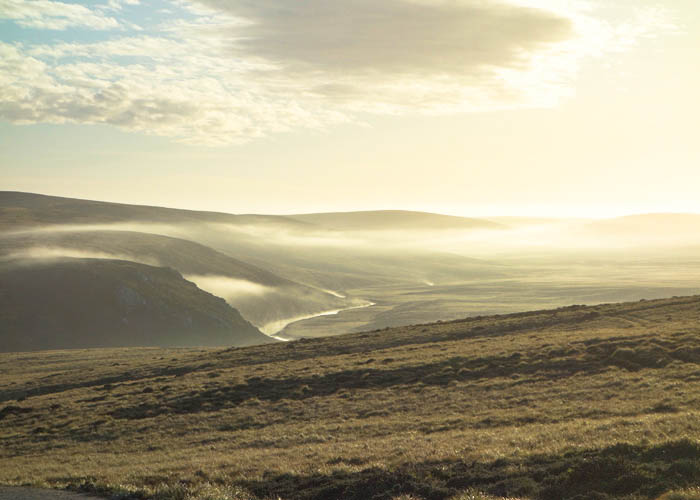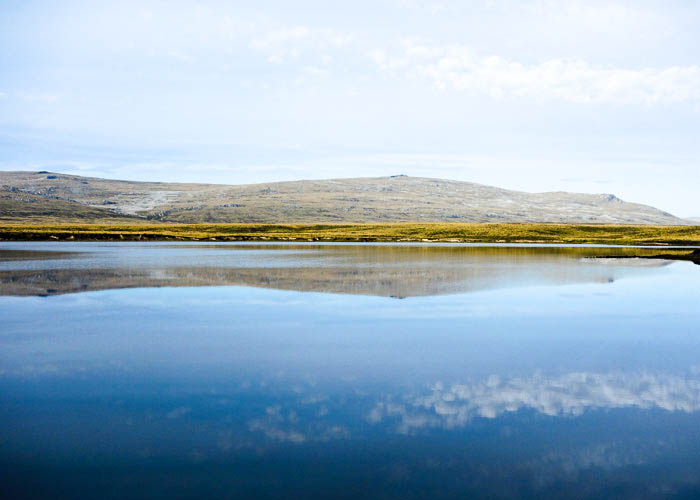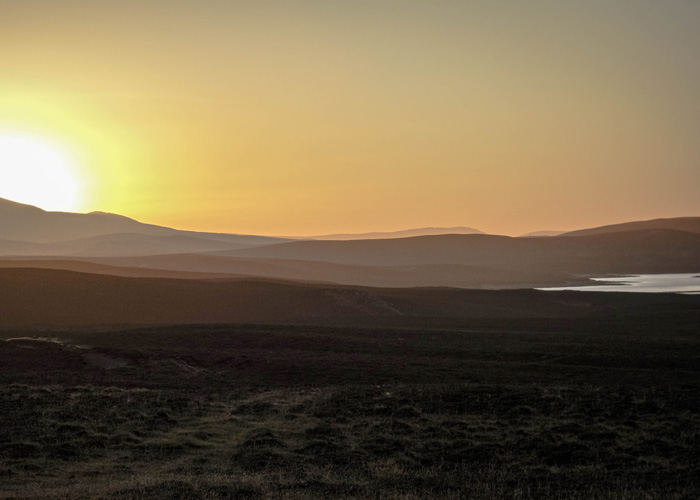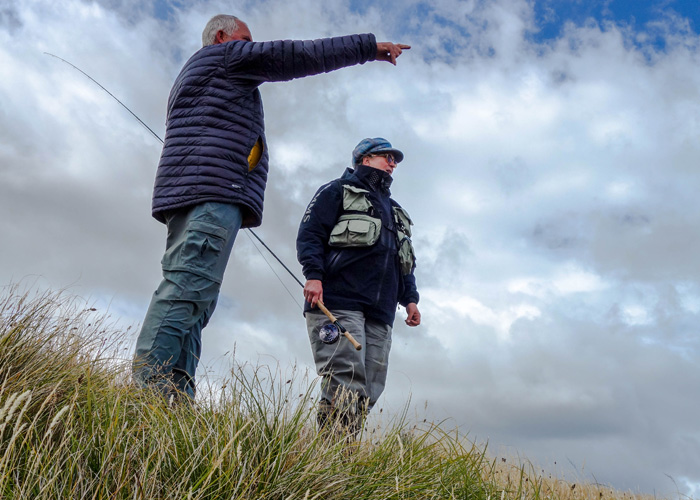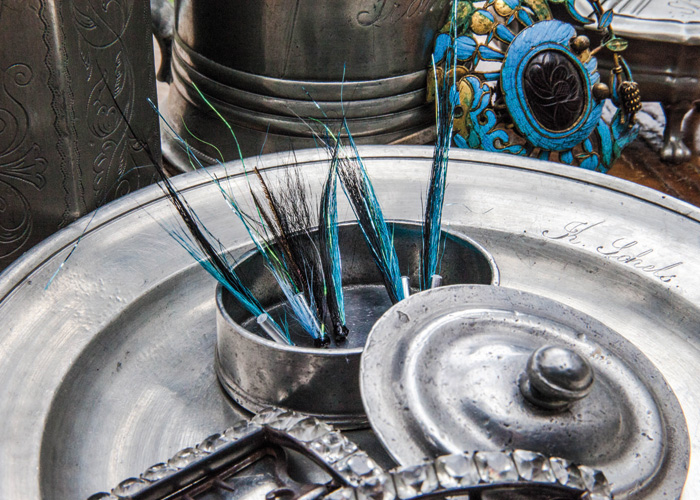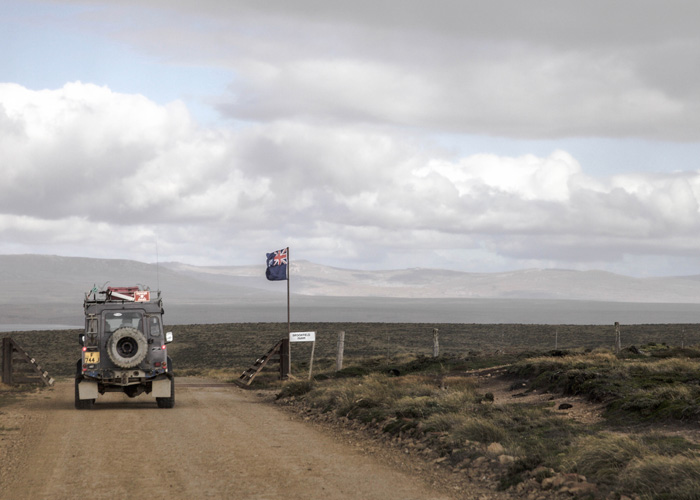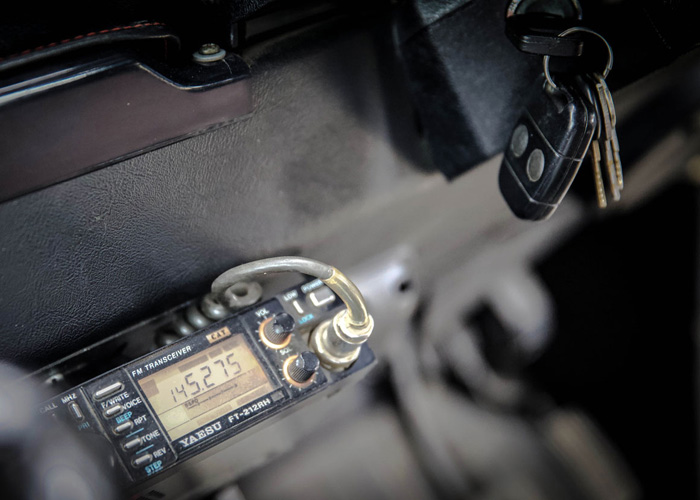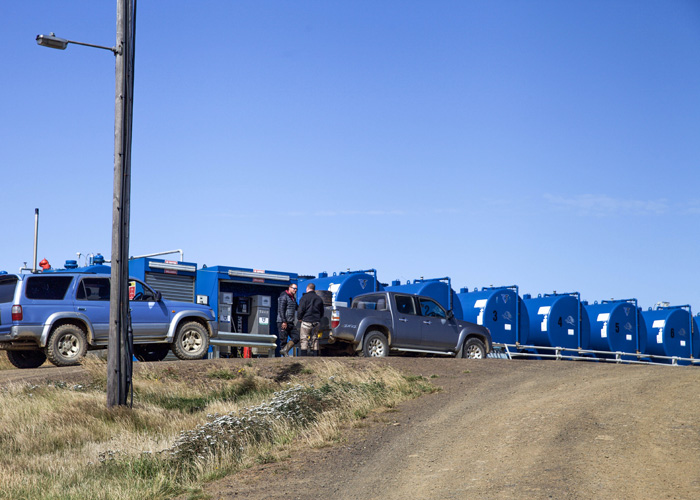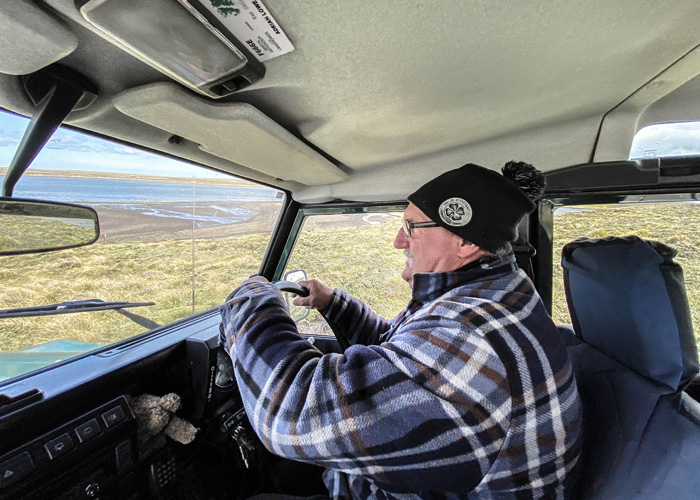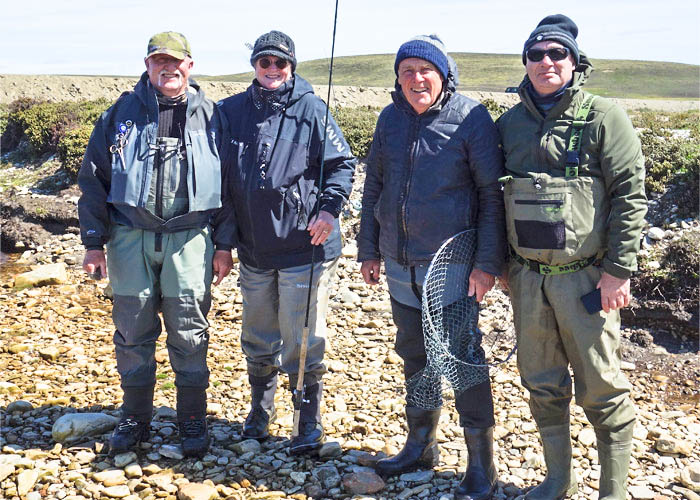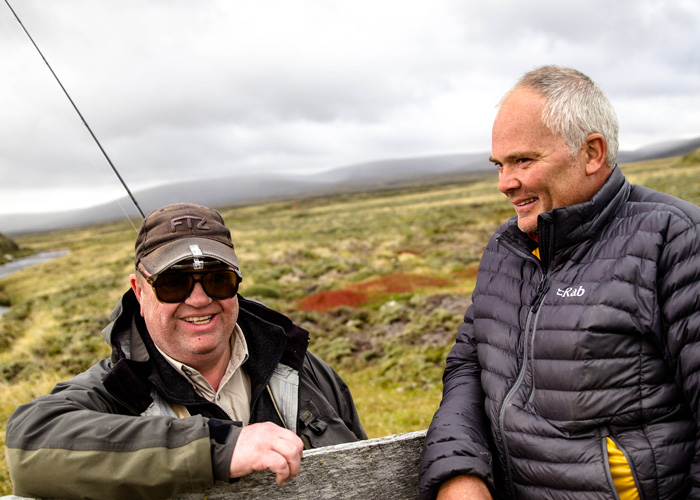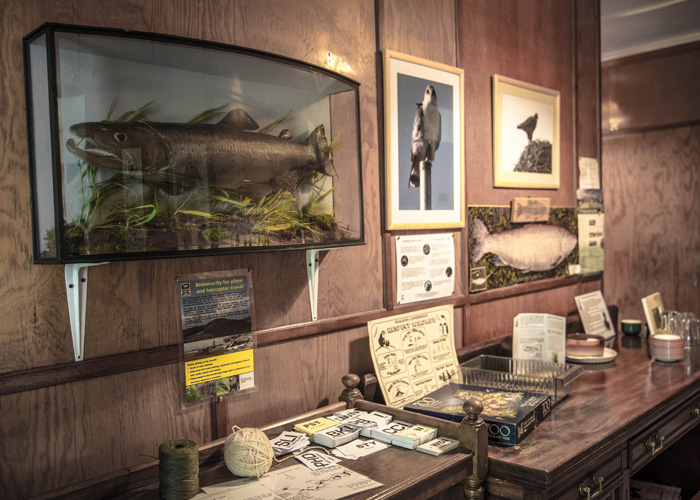But if you choose to travel to the Falkland Islands and probably like to fish autonomously
you will have to grasp the nettle and allow for some good preparation time.
Fishing on the Falkland Islands is still a little expedition - but isn’t that just what makes it so tempting?
Just like before embarking on a real expedition there are a few points to consider apart from anything that has to do with fishing:
Firstly, there is no comprehensive cell phone coverage. And – now don’t panic! – no internet access in the country.
Secondly, there are no detailed maps that you could use during your journeys. Unless you want to stock up on a stack of large-scale maps from the Stanley Museum Shop.
Bottom line: You need good preparation in advance.
As for the mapping problem: Get a good GPS app or a GPS device, which of course can be used offline. Check Google Earth for the places you want to fish and write down the coordinates.
When it comes to actually setting off for fishing, some more advice:
1. Find out in advance about the tide levels at your targeted fishing spots. The water level, particularly in the estuaries and bays, is essential for good catches.
2. Always have enough supplies at the ready in the car. And enough fuel. In the event of a car breakdown, depending on where you are, it can often take hours until you encounter another vehicle or need to go for help on foot.
There are many reasons to go fishing with the support of a local fishing guide. Such as:
He knows the land owners of the respective waters and will arrange a fishing license for you.
He will get you safely to the best fishing spots cross-country with his off road vehicle – something you are not allowed to do with a rental car. Or should not do, because:
He certainly won't get lost (like you perhaps) in the wilderness, where everything looks the same.
He doesn't get stuck in the bog either.
And the best thing is: He knows exciting stories about the Falkland Islands and you could listen to him for hours.
Convinced?
Here are our recommendations, all put through the acid test:
